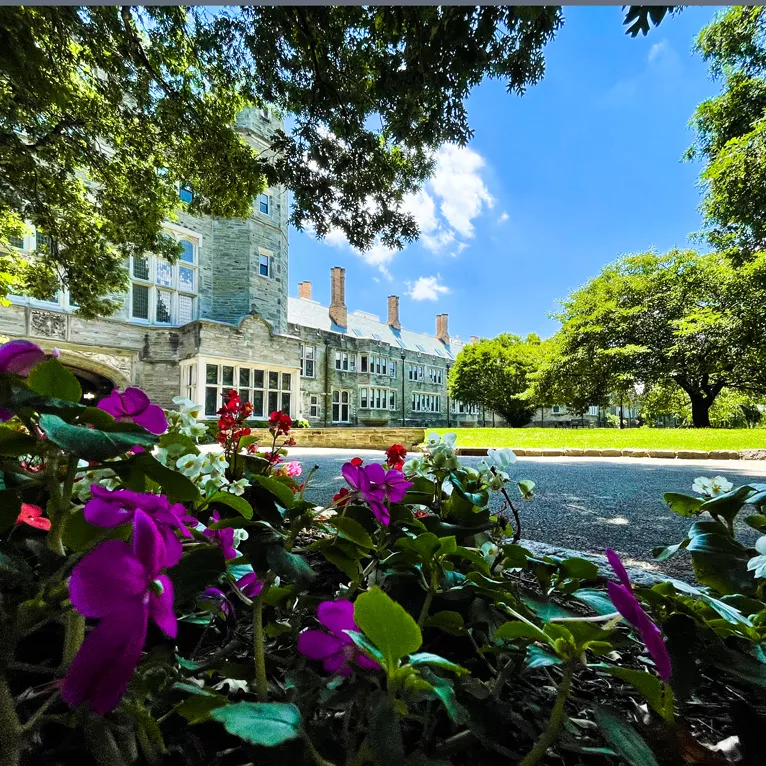Components of the Rationale
The following questions will guide you as you provide a rationale for why your course selections should constitute a concentration in Peace, Conflict, and Social Justice Studies.
1. Background/History
- What brought you to this concentration? What experiences, passions, commitments, and/or aspirations inspired you to pursue it?
- What is the focus or theme of the concentration for you?
- In what ways will it complement or add a dimension to your major and other course work?
2. What courses do you plan to take and why?
- List each course and explain
- What particular angle, perspective, theoretical framework, or other aspect of the subject matter make it appropriate for inclusion in the concentration? (e.g., What does looking through the lens/frame of philosophy, political science, education, etc. allow you to see?)
- What about the particular content and other components of the course fit with the theme or focus of your concentration?
- Discuss how the courses work together — how do they inform one another and your concentration as a whole? How do they build over time?
3. What internships, externships, conferences, etc. do you plan to include and why?
- List each experience and explain:
- What particular angle, perspective, theoretical framework, or other aspect of the experience make it appropriate for inclusion in the concentration?
- What about the particular experience fits with the theme or focus of your concentration?
- Discuss how the experiences work together — how do they inform one another and your concentration as a whole? How do they build over time?
4. How does the concentration prepare you for your life’s work?
Components to include and consider throughout:
- Personal reflection: What the course or experience means to you personally and (pre)professionally as well as intellectually?
- Chronology (Keep all versions of your rationale to show how you have developed, changed, revised, etc.; they can all go into your portfolio.)
- When moving to your portfolio from your rationale, think about how to best represent all of the above: Prezi? Word documents (electronic or printed) with Post-it Notes? Web page?

Contact Us
Alison Cook-Sather
Director of Peace, Conflict, and Social Justice Studies
Bryn Mawr College
101 N. Merion Avenue
Bryn Mawr, PA 19010-2899
Phone: 610-526-5396
acooksat@brynmawr.edu